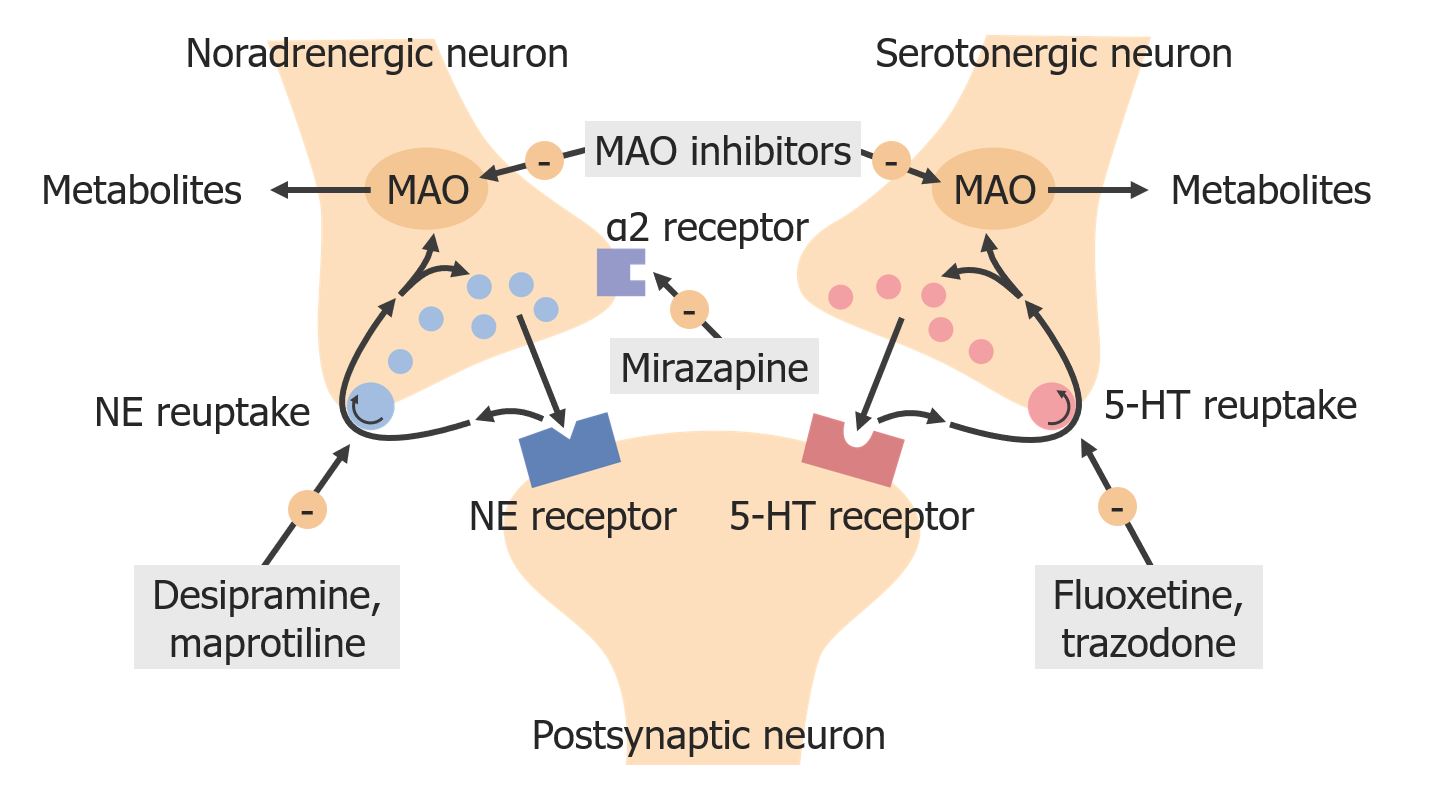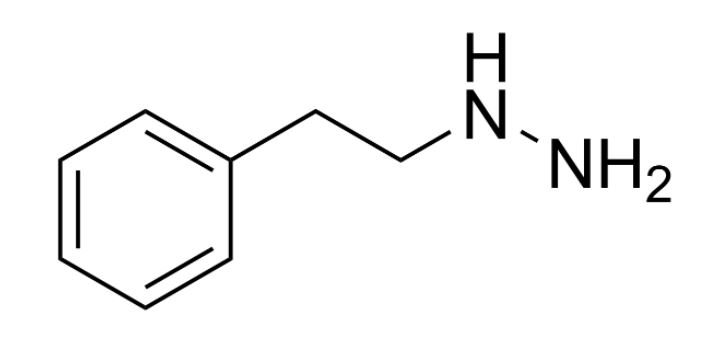Playlist
Show Playlist
Hide Playlist
Antidepressants: Case Study
-
Slides AntidepressantsCaseStudy.pdf
-
Reference List Pharmacology.pdf
-
Download Lecture Overview
00:01 Let's move on to a question. 00:03 Let's take a look at this particular case. 00:06 A 66-year-old Sen. presents to the emergency department with a rapid heart rate. 00:11 He's tremulous. He's diaphoretic. He's agitated. And he's confused. 00:17 He has a blood pressure of 166/110 and a heart rate of 130. 00:23 He has hyperreflexia. He has peripheral clonus. 00:28 And he has exaggeration of the reflexes in the lower extremities. 00:32 He was recently placed on Sertraline for depression he has a history of Parkinson's disease. 00:38 He has a history of hypertension and he has a history of hyperlipidemia. 00:42 His medications are Sertraline, Rosuvastatin, Bisoprolol, valsartan and Selegiline. 00:49 Pick the true statement. 00:52 What are the choices? A: the Sertraline has interacted with the Bisoprolol making it inactive. 00:59 B: the Sertraline has interacted with the Rosuvastatin, causing toxicity and rhabdomyolysis. 01:06 C: the Sertraline has interacted with the anti-Parkinsonian medication, Selegiline. 01:12 Or D: the Sertraline has interacted with valsartan, precipitating a hypertensive crisis. 01:19 Which is the correct answer? Great. You picked C. 01:24 The Sertraline has interacted with his antiparkinsonian medications, Selegiline. 01:30 Let's talk about the answers associated with this. 01:34 Number A: Sertraline has interacted with the Bisoprolol, rendering it inactive. 01:38 That's not particularly a reasonable thing to say. 01:41 You may explain the tachycardia with that but really, you don't explain the high blood pressure. 01:47 You don't explain the other neurological symptoms. 01:50 B: the Sertraline has interacted with the Rosuvastatin, causing toxicity and rhabdomyolysis. 01:56 Again, that doesn't explain the tachycardia, the high blood pressure and some of the neurological symptoms. 02:01 And D is wrong. Sertraline has interacted with the valsartan, precipitating a hypertensive crisis. 02:06 That's not reasonable because you wouldn't get the high blood pressures and you wouldn't get the neurological symptoms. 02:12 And just FYI, valsartan doesn't interact with that drug, so it seems very unlikely. 02:18 Okay that's it, you guys survived. 02:21 You got - you guys will go through your exams and you'll do very well. 02:25 Show them what you know.
About the Lecture
The lecture Antidepressants: Case Study by Pravin Shukle, MD is from the course CNS - Pharmacology. It contains the following chapters:
- Question 1: CNS Pharmacology 2
- Question 2: CNS Pharmacology 2
- Case Study: CNS Pharmacology 2
Included Quiz Questions
Which medication interacts with SSRIs and carries a risk of serotonin syndrome?
- Selegiline
- Atropine
- Atorvastatin
- Aspirin
- Acetaminophen
Customer reviews
2,3 of 5 stars
| 5 Stars |
|
1 |
| 4 Stars |
|
0 |
| 3 Stars |
|
0 |
| 2 Stars |
|
0 |
| 1 Star |
|
2 |
helpful for learning about the differences between antidepressants, and giving insights into MOA, which he makes less intimidating for someone to learn
Bupropion is a dopamine reuptake inhibitor with some seetotenegic activity. It is also one of the most potent CYP2D6 inhibitors of the antidepressants. The previous antidepressant review lecture also had a mistake in which it was stated that “venlafaxine is used for smoking cessation” which is incorrect
There are some mistakes. SERT is not a serotonin receptor. And Bupropion is not a SERT inhibitor.





